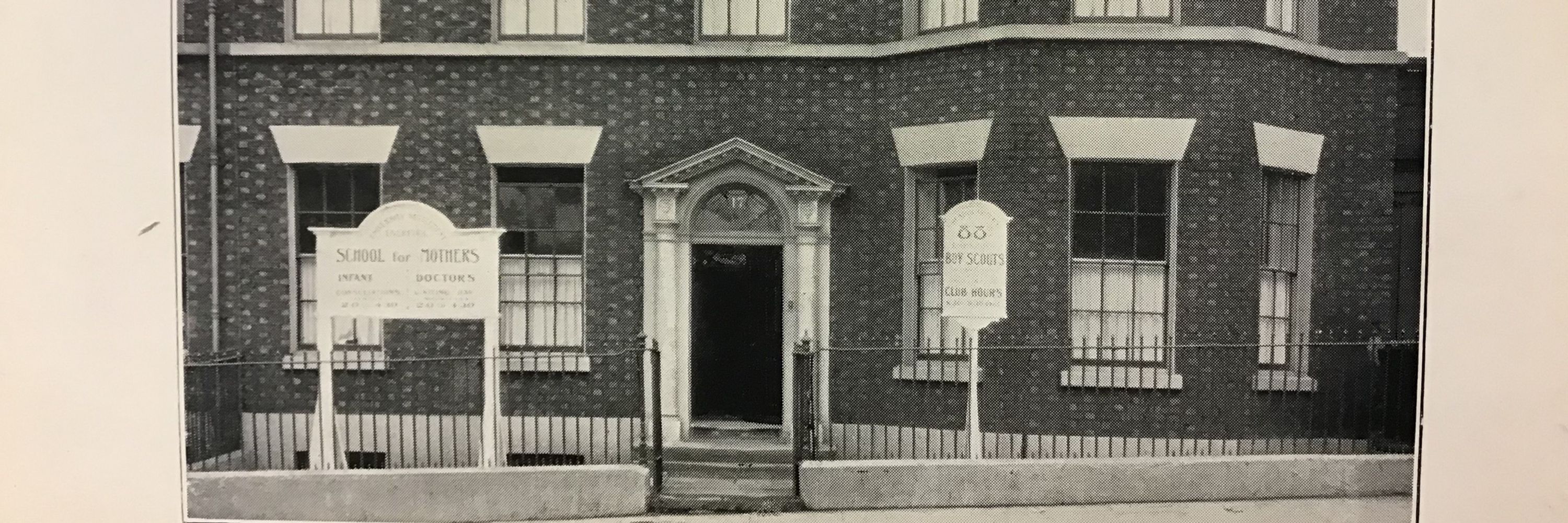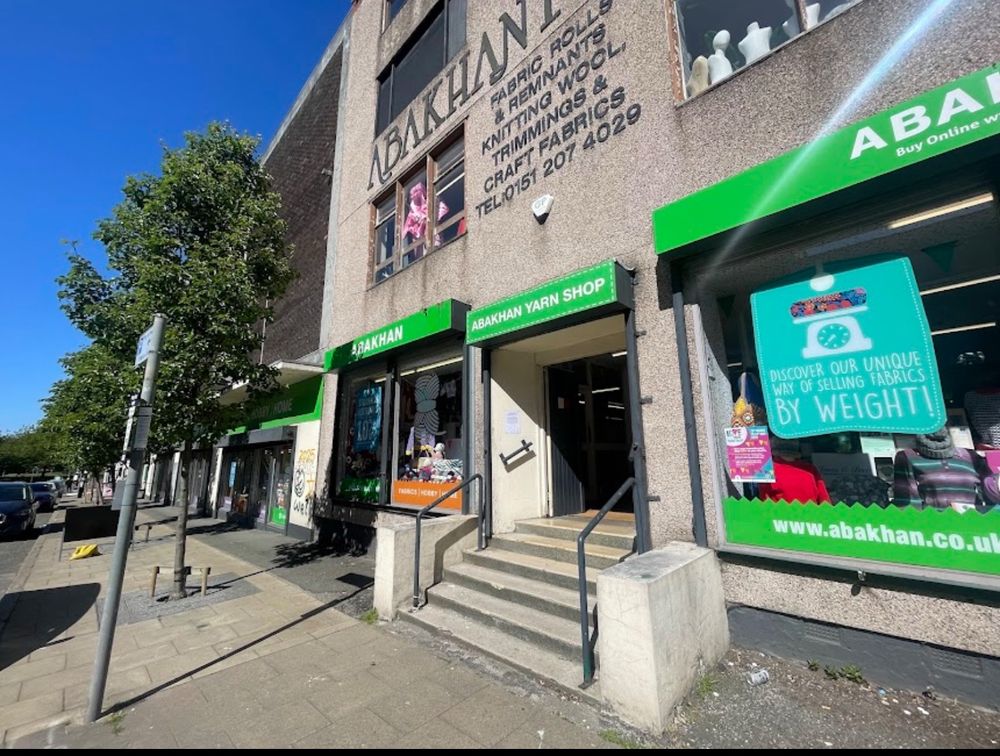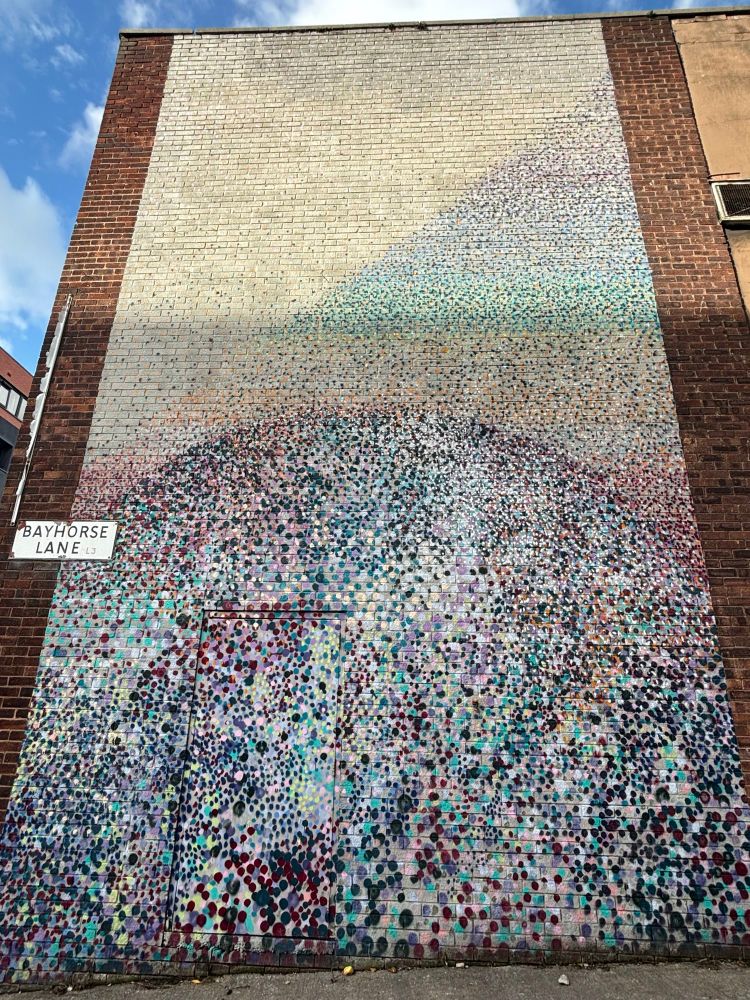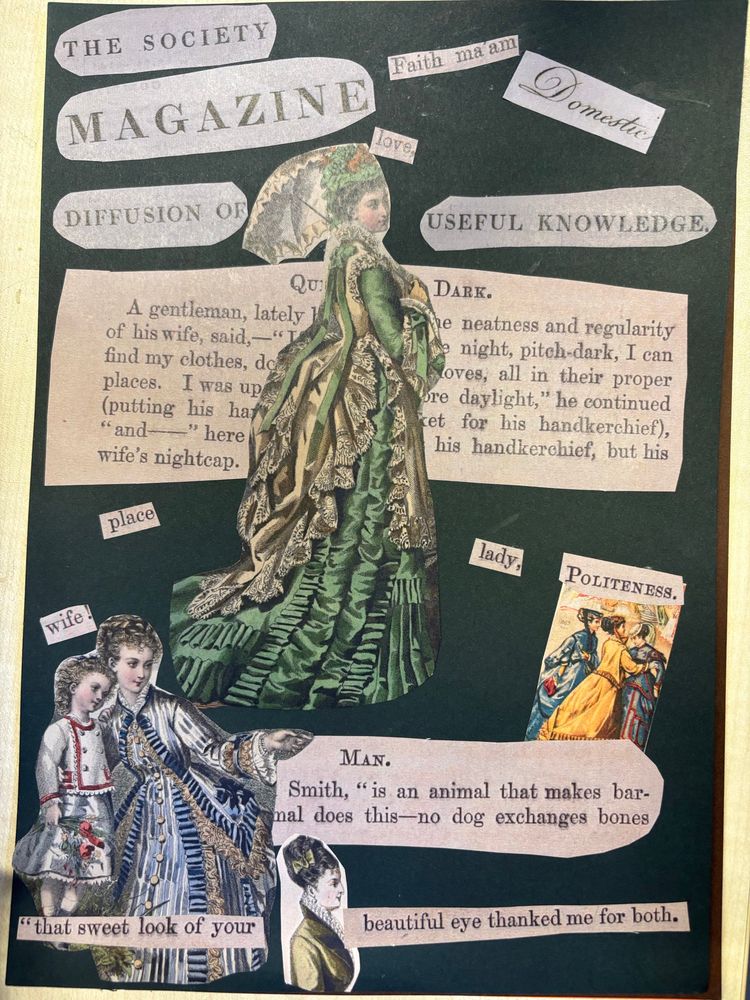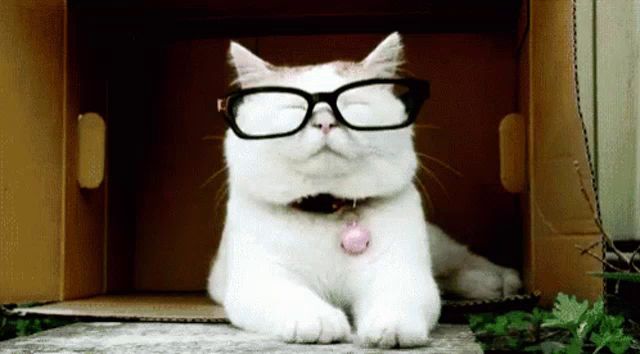Lucie Matthews-Jones
@luciejones83.bsky.social
6.7K followers
2K following
660 posts
Victorian historian at a UK post-92. Usually lost in the past & admin. Slowly writing book on British settlement houses 1880-1920. Looks at home, & gender. Interested in pedagogy, & disability in higher education. Dyslexic/dyspraxic. Her/she.
Posts
Media
Videos
Starter Packs
Reposted by Lucie Matthews-Jones
Reposted by Lucie Matthews-Jones
